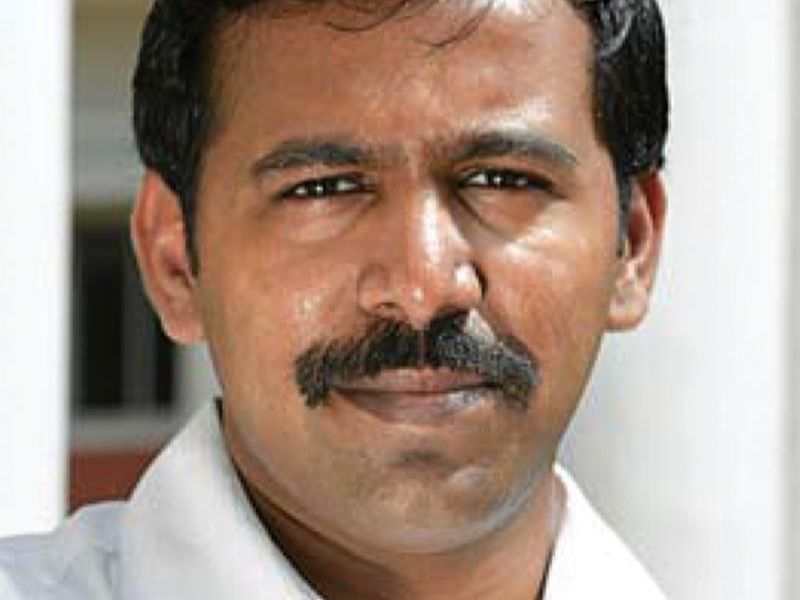 MVM Sasikumar
MVM Sasikumar
Director, Velammal Education Trust
An alum of University of Canberra (Australia), MVM Sasikumar is director of the Chennai-based Velammal Education Trust (estb.1986) which runs the Velammal Knowledge Park comprising 21 educational institutions (20 K-12 schools, one college) with an aggregate enrolment of 40,000 students mentored by over 2,000 teachers.
The Covid-19 crisis has majorly disrupted the education system. How have Velammal institutions, especially the group’s K-12 schools, responded to this challenge?
Within a week of the national emergency lockdown announcement, we reached out to our parents’ community through our parents’ portal to make them aware of the unprecedented Covid situation, and the urgent need for a shift to digital learning. Next, we quickly devised teaching-learning methodologies such as blended learning, creative formative assessment and interactive home assignments. Simultaneously, our teachers were provided intensive training programmes in technology usage for effective virtual classrooms resulting in the smooth transition to online learning for all our children.
What are the major challenges confronting Indian K-12 education in the new Covid-19 era?
Poor Internet connectivity and access to digital devices are challenges that the majority of children in rural India will face. For schools with technical support, teachers will have to devise new ways to hold students’ attention through the tiny windows of their laptop computers and mobile phones. Moreover, completion of board syllabuses and assessments will become difficult. For educators, the biggest challenge will be to ensure physical distancing and the safety and well-being of children once schools reopen.
Several state governments have issued fees waiver/deferment circulars to private school managements. What’s your comment?
Velammal institutions provide individualised, caring services to parents from all walks of life. To ensure learning continuity during the nationwide lockdown, we made substantial investments in technical infrastructure and professional training of our teachers to switch to digital online learning. Our faculty and staff have also been duly paid without delay. Moreover, we understand our parents’ community needs our support when bank finance is difficult, hardships are rising and the economy is plummeting. Our school management and advisory committees are taking case-by-case decisions to help parents.
What are your Top 3 proposals for reforming school education in India?
Government and exam boards should totally revamp school curriculums. This is the time to raise students’ awareness of radical socio-political, economic and scientific changes in society and encourage creative flexible thinking, and to introduce examination and evaluation reforms.
Future plans…
Our plan is to promote higher learning institutions in collaboration with globally reputed universities to offer specialisations in fine arts and sports education. Moreover, to prepare our students for the new future, we plan to encourage peer learning by connecting our students with counterparts in Singapore, Finland, Australia and European countries.



























